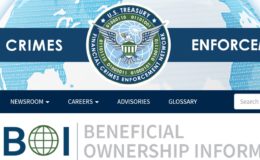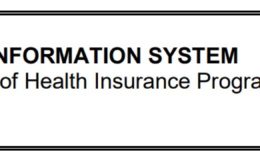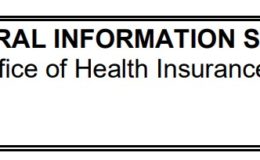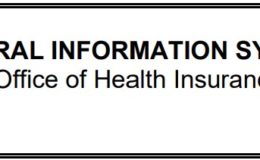The Senior $afe Act was first introduced in July of 2017.
It was designed to protect vulnerable adults from financial exploitation.
As of last month it has passed the House and Senate and was signed into law.
S.223 – Senior$afe Act of 2017
This bill extends immunity from liability to certain individuals who, in good faith and with reasonable care, disclose the suspected exploitation of a senior citizen to a regulatory or law-enforcement agency. Specifically, this immunity shall apply to certain credit-union, depository-institution, investment-adviser, broker-dealer, insurance-company, and insurance-agency employees who have received specified training related to identifying and reporting the suspected exploitation of a senior citizen. Similarly, the employing financial institution shall not be liable with respect to disclosures made by such employees.
The Senior Safe Act follows measures already in place is 40 states. The benefit of the new law is that it extends these protections to activities involving federal financial institutions. The Senior $afe Act makes it easier for federal financial institutions to report on suspected elder abuse without fearing sanctions for violating client privacy rules. Before the Senior Safe Act, financial institutions like national banks or savings and loans faced severe penalties if they were sued for breaching privacy regulations — even if their intent was to prevent financial abuse. Now these institutions can receive immunity if they train their employees on how to identify and report the suspected exploitation of an elderly person. A lot of details about how the law will be implemented still need to be worked out, but the Senior Safe Act is an encouraging step forward.
As good as these legal protections are, seniors need to protect themselves from the threat of financial abuse. Some suggestions:
- Shred receipts, old bank statements and unused credit card offers before throwing them away.
- Lock up your checkbook, account statements and other sensitive information when others will be in your home.
- Order copies of your credit report annually to be sure they are accurate. Remember, the Fair Credit Reporting Act requires each national credit reporting company to provide you with a free copy of your credit report, at your request, every year.
- Never give personal financial information, including your social security number or account number to anyone over the telephone unless you initiated the call and the other party is trusted.
- Never rush into a financial decision. Ask for details in writing and get a second opinion. Consult with a financial advisor or attorney before signing any document you don’t understand.
You have the right to not be threatened or intimidated. If you think someone close to you is trying to take control of your finances, call the Monterey County Adult Protective Services at 800-510-2020.






